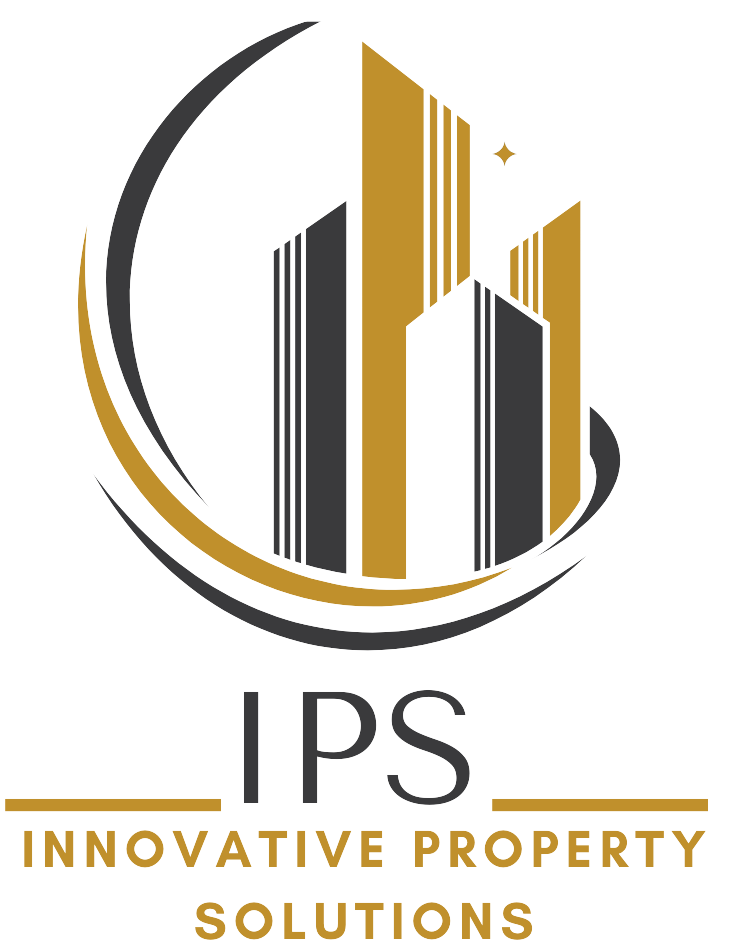
If you’re trying to understand what your commercial property is worth in today’s Toronto market, the answer isn’t in a quick online calculator or a rough multiple of square footage. Commercial real estate in the GTA has become more complex than ever, and a reliable valuation now demands local knowledge, current data, and the ability to connect market dynamics with what’s happening on the ground. The truth is, Toronto’s commercial real estate environment doesn’t operate in straight lines—and if your appraisal does, it’s likely off the mark.
At IPS, we’ve helped business owners, developers, lenders, lawyers, and investors across the GTA accurately value commercial properties for financing, acquisition, disposition, tax strategy, estate planning, litigation, and beyond. What we’ve learned is simple: no two commercial assets are the same, and in a market like Toronto, even subtle details can have a significant impact on value.
Let’s unpack what really goes into commercial property valuation in Toronto, why precision matters more than ever, and how you can approach the process with confidence and clarity.
Why Knowing the Purpose Behind the Appraisal Changes Everything
Before we even begin calculating numbers, the first question we ask at IPS is: Why do you need this valuation?
That one question determines how deep we go, which methodologies we use, and what assumptions are appropriate. If you’re applying for financing, your lender is going to expect a formal and fully defensible report, often reviewed by internal analysts or risk officers. If you’re dealing with litigation or tax planning, the report must meet regulatory and evidentiary standards. And if you’re negotiating a sale, especially off-market, the appraisal needs to reflect not only today’s value but also market momentum, latent potential, and comparable investor behaviour.
This is why your commercial real estateappraisal in Toronto should never come from a one-size-fits-all firm or a generic national template. It should be built with purpose and tailored to real conditions on your property and in your submarket.
Market Conditions in Toronto: The Story Behind the Numbers
Toronto’s commercial property market isn’t a single entity—it’s a network of submarkets, asset classes, and development zones that are all influenced by different forces. Understanding what’s driving value in your asset class is fundamental.
Take industrial properties. Demand across the GTA is still incredibly strong, but cap rates are shifting. Costs for insurance, construction, and interest rates are climbing. The valuation model used even six months ago may no longer reflect current realities. On the other hand, many small and mid-scale office buildings are still adjusting to vacancy rates post-pandemic, with leasing absorption tied heavily to location, amenities, and public transit access.
Retail assets have also changed—street-level units in emerging neighborhoods may be outperforming legacy strip malls. Meanwhile, mixed-use properties are being eyed by developers due to zoning amendments and transit corridor expansion. These local forces are not just context—they’re central to your commercial property’s worth in the GTA.
Toronto’s Zoning Laws: A Silent Value Driver
Zoning isn’t just a constraint—it’s a potential multiplier of value, or in some cases, a cap. A lot of property owners underestimate just how influential zoning is to the final valuation of a commercial asset.
A commercial building in an area now earmarked for mixed-use intensification could see its value dramatically increase based on redevelopment potential. But if that same building is on a parcel with environmental overlays or is part of a heritage conservation district, it might face limitations that suppress its long-term market value.
At IPS, we don’t just glance at zoning. We dig into it. We review Toronto’s Official Plan, the current zoning bylaw, any recent Committee of Adjustment activity, and long-range planning designations. This way, your commercial property valuation in Toronto reflects not only what exists today but what could reasonably be unlocked tomorrow. That’s where true market value often lives.
How to Estimate the Value of Commercial Property (The Right Way)
If you’re asking how to value commercial property in Toronto, the answer starts with selecting the right approach—and understanding when to combine them.
For most income-generating properties, the income approach is the foundation. We analyze your net operating income, stabilize for market conditions, and apply cap rates based on actual investor behaviour in your asset class and location. But this model isn’t copy-paste—it needs to account for lease expiry risk, tenant covenant quality, and current market absorption rates.
For properties where comparables exist and income is less of a driver—such as vacant retail or development sites—the sales comparison approach becomes more valuable. However, Toronto’s market is so dynamic that even a three-month-old sale may no longer reflect fair value. That’s why we adjust for time, use, zoning, and land shape with surgical precision.
In special-use or owner-occupied cases, the cost approach may be suitable, especially when replacement value is more defensible than market-based assumptions. But even here, we account for depreciation, obsolescence, and construction inflation.
The right valuation rarely relies on one method alone. Instead, we triangulate and reconcile based on purpose, market context, and real-world feasibility.
What Does It Cost to Appraise a Commercial Property in Toronto?
The cost to appraise commercial property in Toronto depends on size, complexity, and the level of analysis required. For example, a single-tenant building in Scarborough may involve less investigation than a multi-tenant flex space in Mississauga’s employment corridor with development potential.
At IPS, we price based on scope, not a flat fee. Our clients receive transparent, purpose-built quotes with clear turnaround timelines. We also take pride in delivering reports that are not just accurate but useful—documents you can confidently share with your bank, legal team, planning consultant, or buyer.
The real cost isn’t the appraisal—it’s what you risk by making decisions without one.
Why Trust IPS for Commercial Property Valuation in Toronto?
When you work with IPS, you’re not hiring a template appraisal firm. You’re working with professionals who live and breathe Toronto real estate. We walk these streets. We sit in planning meetings. We analyze development pipelines, not just historical transactions.
We’ve appraised everything from boutique retail units to large-scale industrial parks, from legacy medical offices to underutilized land assemblies. And we’ve worked on valuations for financing, restructuring, litigation, tax disputes, acquisitions, family transfers, and more.
In short, we understand not just how to estimate the value of commercial property in Toronto, but how to do it with the depth and local intelligence that today’s market demands.


